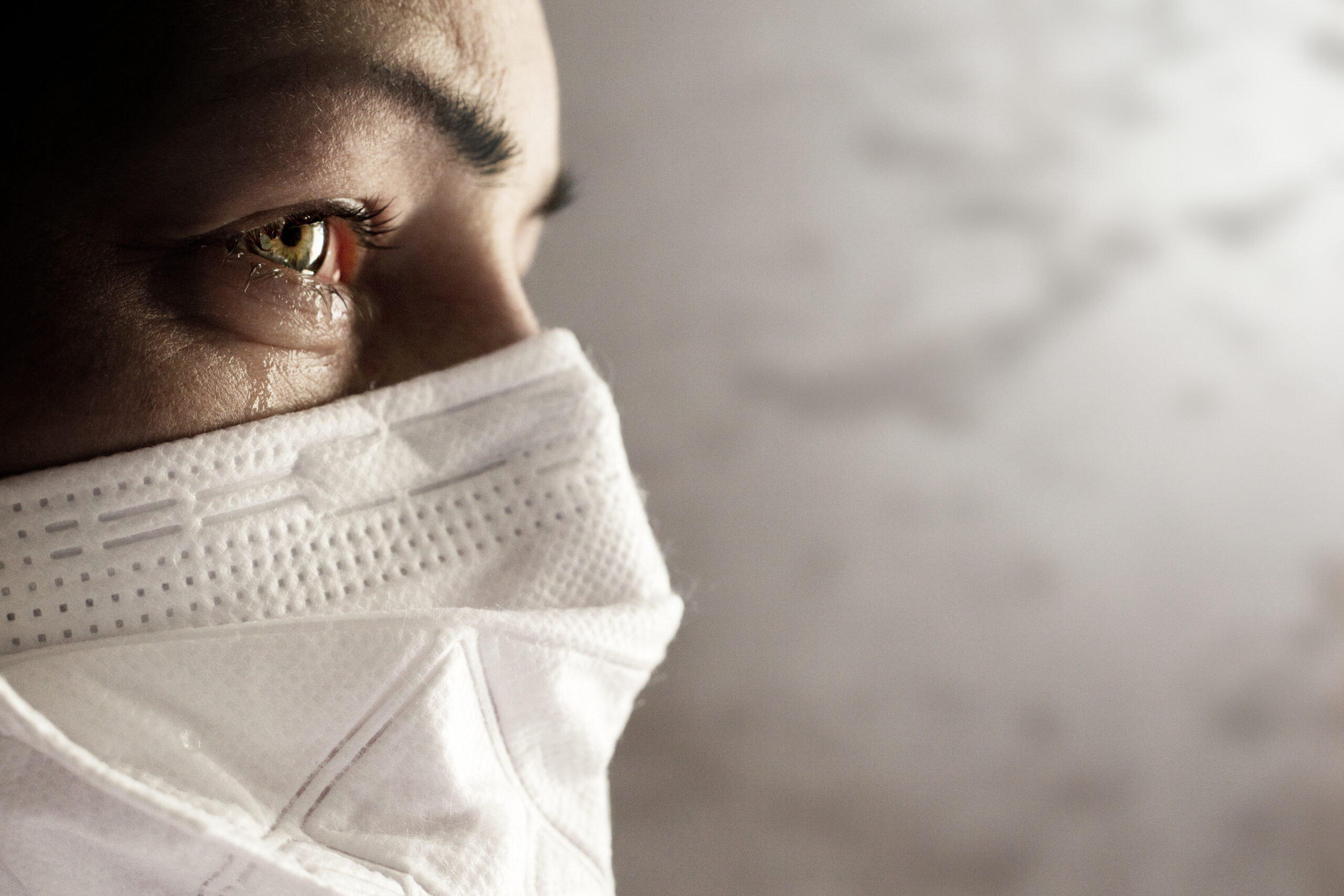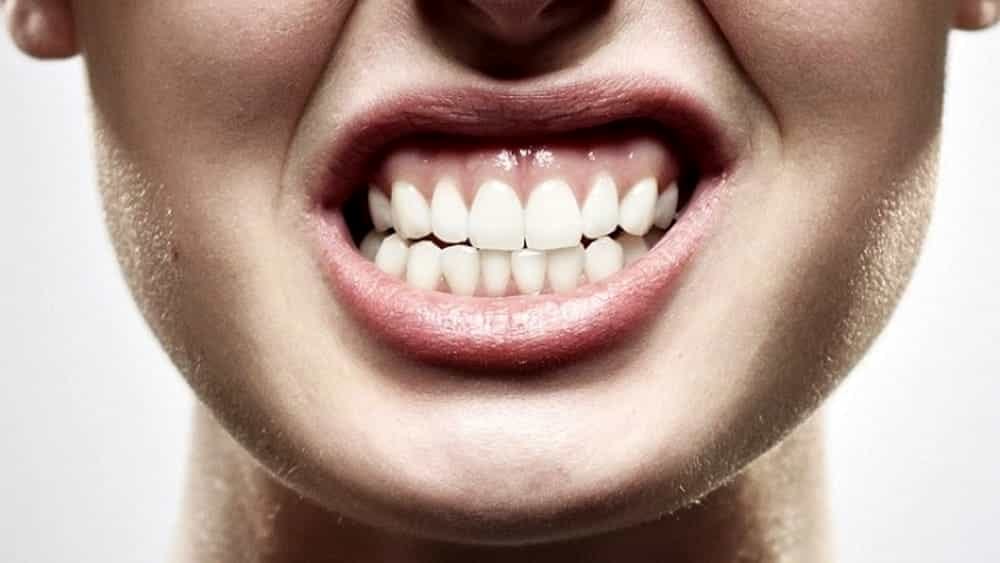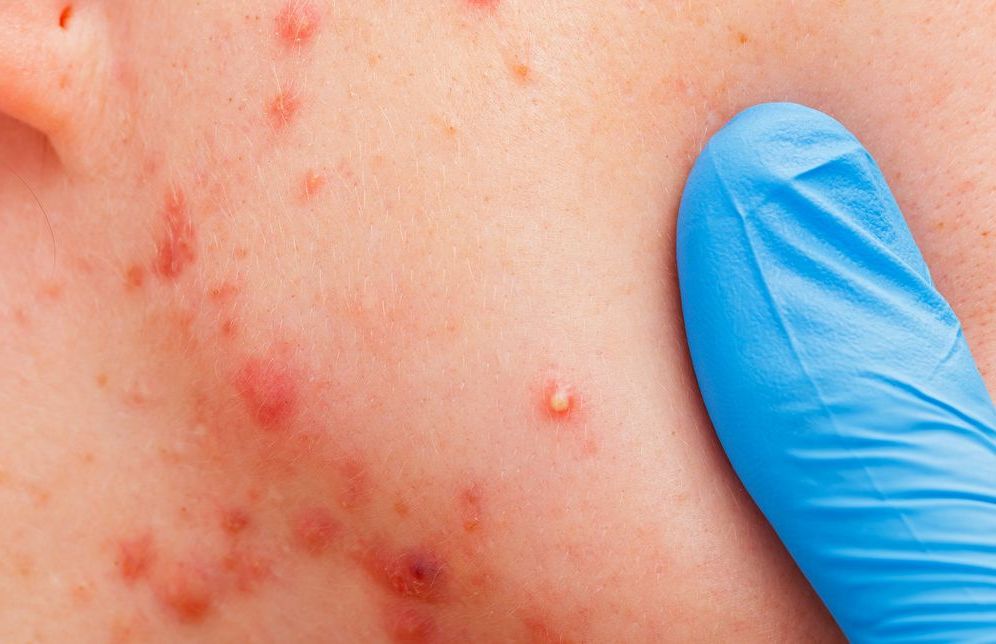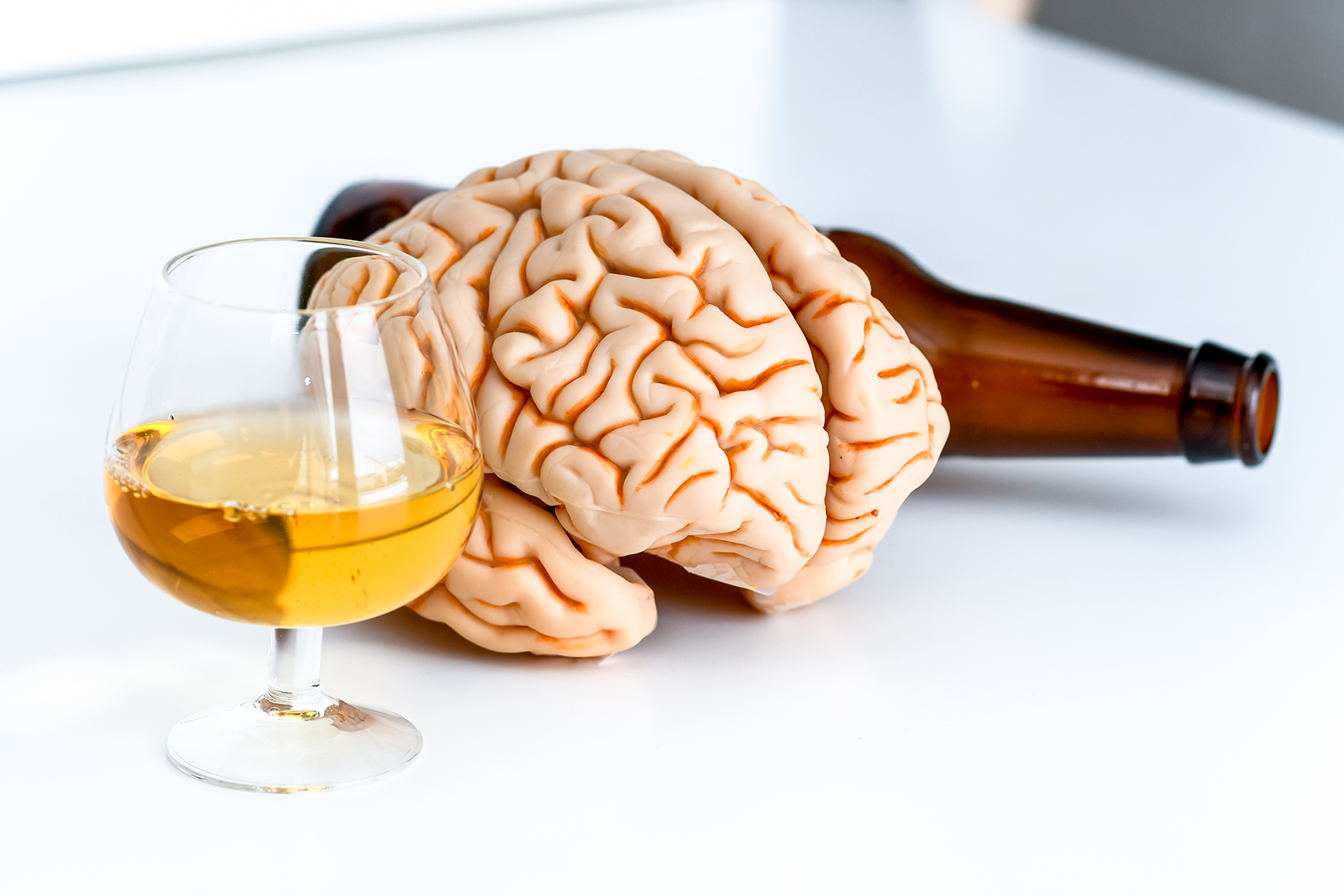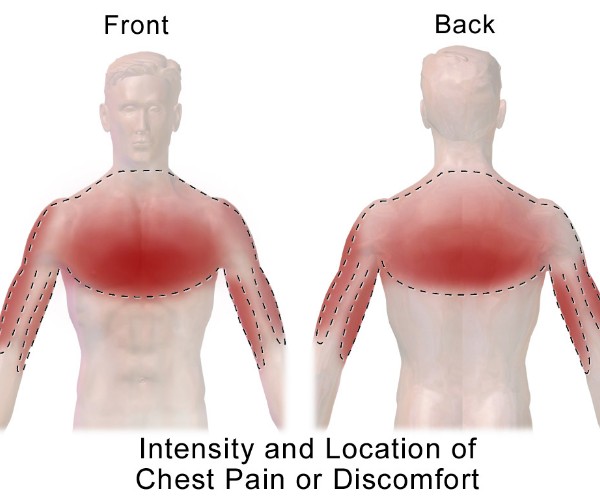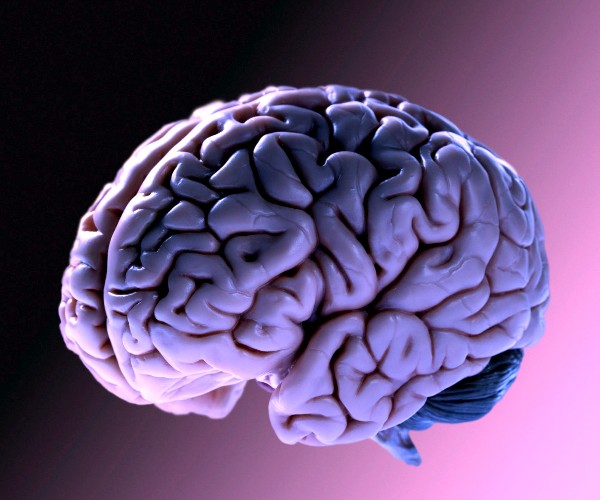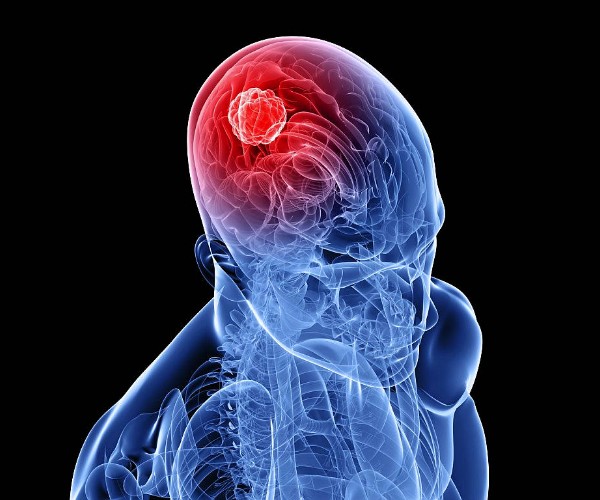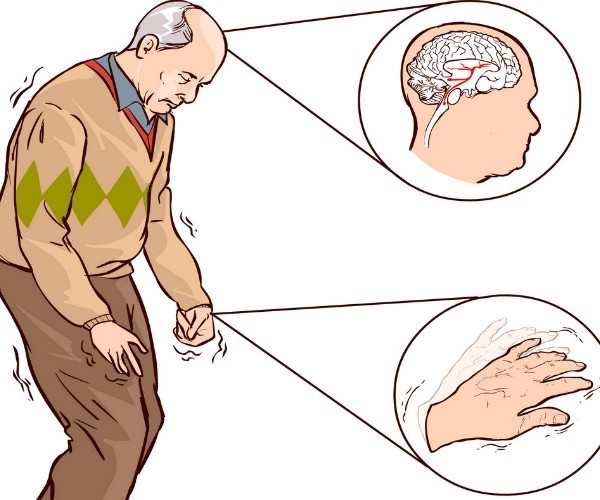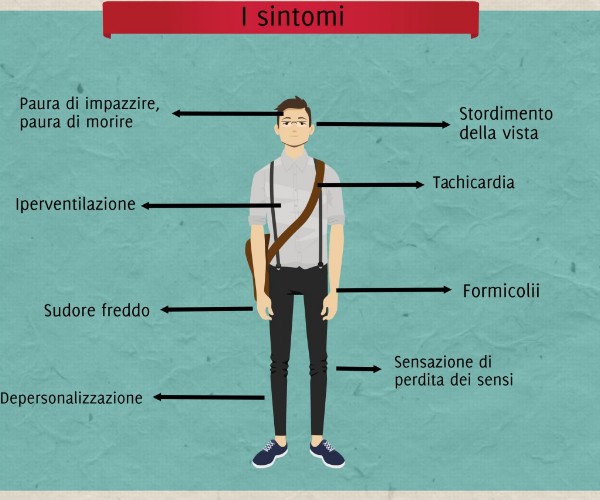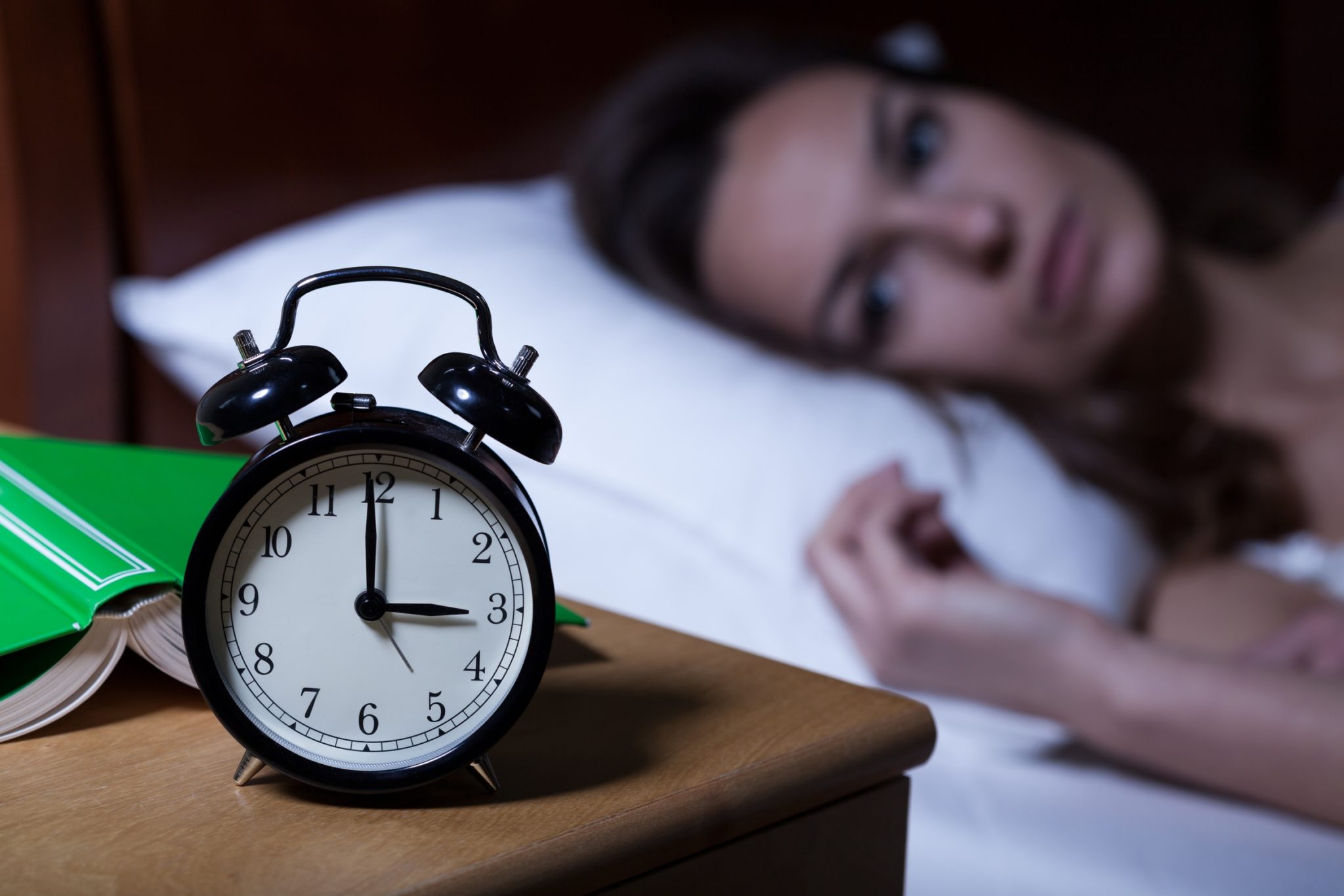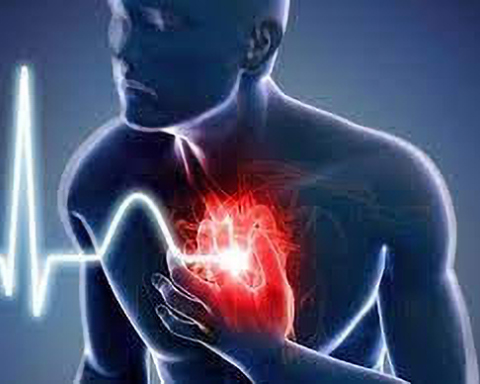Several studies on this have already been done, but new evidence and quantification of the cardiovascular risk associated with excessive stress at work and at the sleep poor, taken singly or in combination, reported by the group coordinated by Karl-Heinz Ladwig of the German Research Centre for Environmental Health – Technical University in Munich, Germany, cannot go unnoticed, especially if you have high blood pressure.
Based on data obtained from the analysis of nearly 2,000 workers hypertensives between the ages of 25 and 65, in fact, those who are subjected to occupational stress and suffer from sleep disorders have a risk of death from cardiovascular causes as much as three times higher (+300%) than those who have relative job serenity and sleep well. And this is in the absence of aggravating risk factors such as metabolic syndrome, diabetes or known cardiovascular disease.
Even taken alone, work stress has anything but beneficial effects on the cardiovascular system, being associated with a 1.6-fold (+60%) increase in the risk of death from cardiovascular causes, while if fragmented and/or insufficient sleep is present in the absence of work stress, the increase in the risk of death from cardiovascular causes is 1.8-fold (+80%), compared to those affected by neither problem.
In absolute terms, over an 18-year follow-up period, work stress and inadequate sleep were associated with a risk of death from cardiovascular causes of 7.13 per thousand person-years compared with 3.05 per thousand person-years of those who are not stressed and sleep well, 4.99 per thousand person-years of those who are only stressed, and 5.95 per thousand person-years of those who sleep poorly without the work stress component.
The authors of the study point out that job stress is established in situations in which the worker is required to perform at a high level of performance with little or no decision-making power, that is, when in addition to being under pressure, one is also forced to carry out orders, without having a voice. Conversely, even a heavy workload can be irrelevant or beneficial to health if you can be in control of the situation and choose for yourself how to act.
Job stress is often associated with difficulties in fall asleep and to early awakenings that leave ample room for prolonged ruminations on the difficulties and frustrations of the day that has just passed or that will have to be faced after the alarm clock sounds, preventing the physiological stand-by that the cardiovascular system needs to stay healthy. If the situation involves short periods (days or weeks) it is not a big problem, but if it goes on for a long time (years) the matter changes dramatically, and the risks increase.
To avoid problems it is essential to act on both fronts, because while it is true that stress disrupts sleep it is equally true that unsatisfactory sleep makes one more nervous and prone to develop anxiety and stress. In particular, experts from the European Society of Cardiology (ESC) suggest:
- Learn relaxation techniques and use them several times a day;
- Follow a healthy lifestyle (balanced diet and regular physical activity);
- Avoid smoking, alcohol and stimulants (excess caffeine, energy drinks, etc.);
- Maintain regular rhythms and fall asleep and wake up at fixed times;
- Identify personal strategies to reduce work stress;
- Improve social relationships and increase leisure time;
- If sleep does not improve, seek the help of a Sleep Medicine specialist;
- If anxiety and stress are frankly excessive and difficult to control independently, seek psychological support.
Source
Li J, Atasoy S, Fang X, Angerer P, Ladwig KH. Combined effect of work stress and impaired sleep on coronary and cardiovascular mortality in hypertensive workers: The MONICA/KORA cohort study. Eur J Prev Cardiol 2019; doi:10.1177/2047487319839183.








